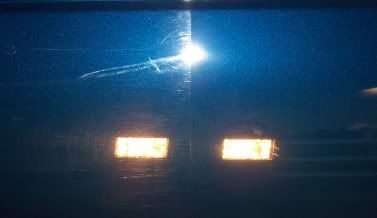This is a quote from the autopia store:
"This (PC 7424) polisher is not designed for heavy compounding and will not do well removing swirls or paint imperfections. To remove paint, swirls and scratches requires a professional, circular polisher such as the Makita 9227 or DeWalt 849"
I realize the learning curve is way more difficult for a rotary and that you can seriously damage paint if you do not use it correctly, but why not just learn on a rotary? Can't they do everything a PC can do and more?
"This (PC 7424) polisher is not designed for heavy compounding and will not do well removing swirls or paint imperfections. To remove paint, swirls and scratches requires a professional, circular polisher such as the Makita 9227 or DeWalt 849"
I realize the learning curve is way more difficult for a rotary and that you can seriously damage paint if you do not use it correctly, but why not just learn on a rotary? Can't they do everything a PC can do and more?


